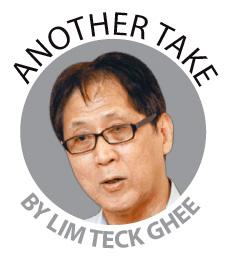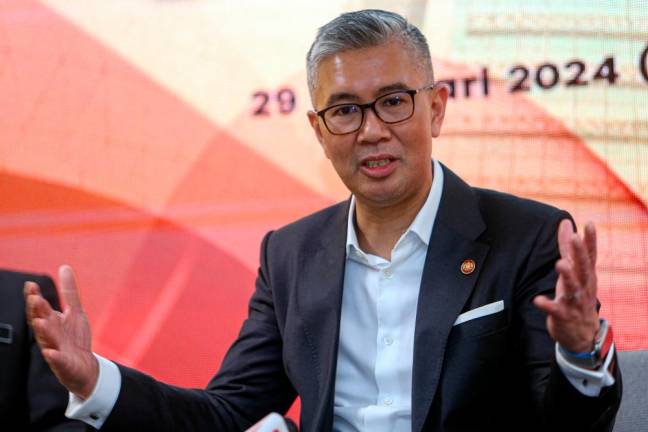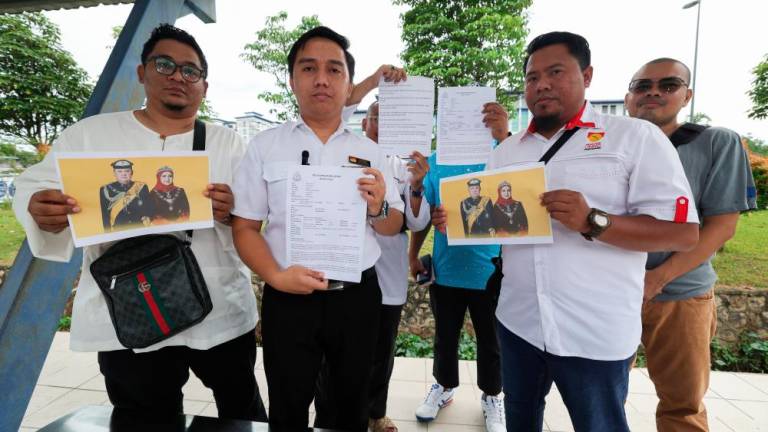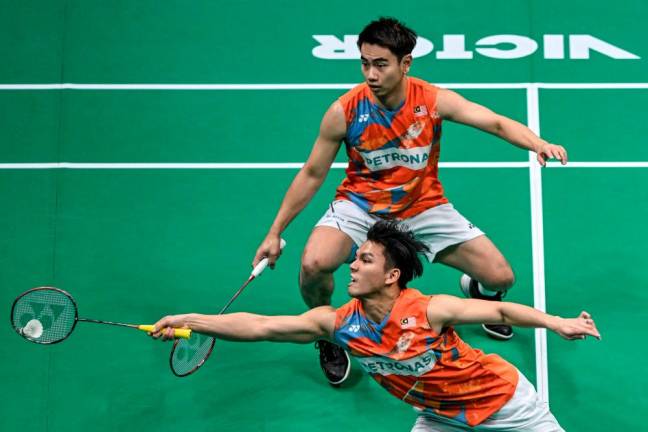RECENTLY, Japan announced that it would be releasing the wastewater from the meltdown at Fukushima nuclear plant into the ocean. This plan has met with strong condemnation by Japan’s neighbours.
An immediate response came from South Korea, which called in the Japanese ambassador In Seoul to protest the decision.
The country’s deputy foreign minister not only chastised the Japanese government for not being forthcoming with details of the plan to release the water, including how much of the contaminated fluid would be dumped and how quickly it would be released, but also expressed disappointment over the lack of talks between Japan and neighbouring countries on how to dispose of the water from Fukushima.
According to a South Korean foreign ministry official: “Our position is that a decision should not be made unless there is a clear assessment on what impact it would have on people’s health and the marine environment”.
Last year, Greenpeace reported that the wastewater from the plant was more dangerous than the Japanese government had suggested. Their publication, “Stemming the tide 2020: The reality of the Fukushima radioactive water crisis”, noted that the supposedly treated water still contained “dangerous levels of carbon-14”, a radioactive substance that has the “potential to damage human DNA”.
In its most recent press release, Greenpeace Japan stated: “The Japanese government has once again failed the people of Fukushima. The government has taken the wholly unjustified decision to deliberately contaminate the Pacific Ocean with radioactive wastes.
“It has discounted the radiation risks and turned its back on the clear evidence that sufficient storage capacity is available on the nuclear site as well as in surrounding districts.
“Rather than using the best available technology to minimise radiation hazards by storing and processing the water over the long term, they have opted for the cheapest option, dumping the water into the Pacific Ocean.”
Greenpeace also criticised the Japanese government for describing the water as “treated”. More than 1.23 million tonnes of wastewater has been accumulated by the Japanese authorities since the plant’s meltdown more than a decade ago.
To recall, the Fukushima nuclear plant accident on March 11, 2011 was the most severe nuclear accident since the Chernobyl disaster in 1986. It was classified as Level 7 on the International Nuclear Event Scale, joining Chernobyl as the only other accident to receive such a serious classification.
It is significant that in the aftermath assessment of the radiation discharge into the atmosphere and ocean, experts including from the plant management estimated that it would take 30 to 40 years to clean up and decontaminate the areas affected by the disaster.
It is also significant that the only other country supporting the Japanese position on the planned discharge is the United States, which is on the opposite side of the Pacific Ocean and contaminated water discharge.
China’s response
Besides South Korea, China has also condemned the plan by Japan to release the treated contaminated water into the surrounding waters. Labelling the plan as “extremely irresponsible”, Beijing has also called for consultations with neighbouring countries and relevant parties.
More recently, a Chinese Foreign Ministry spokesperson has made the novel suggestion that Washington should take Fukushima’s radioactive wastewater given its insistence that the water is safe enough to be disposed into the seas around Japan.
In a recent tweet, Chinese Foreign Ministry spokeswoman Hua Chunying noted: “Japan and the US claim that the treated nuclear waste water from the Fukushima nuclear power plant is in accordance with international safety standards and even drinkable, then why don’t they keep the water for themselves, or maybe ship it to the US?”
Hua followed up by tweeting that it would be better to have an international assessment of the safety of Japan’s nuclear wastewater before anyone drinks it.
Quad can help out
I have another suggestion on how the US and Japan can better deal with this problem. Recently, the US established a new alliance as the centrepiece of its Asia power play.
Under Trump and Biden, the US now leads a grouping of the US, Australia, Japan and India in an Indo-Pacific strategic bloc called the Quadrilateral Security Dialogue, or Quad, which is supposed to be an Asian Nato to act as a bulwark against a rising China.
The Quad nations have claimed that they are advocates of a rules-based global order to protect democracy and that they will provide the cornerstone for peace and prosperity. However, these are empty words.
In its first meeting, the Quad, to win over public opinion in the region, reported that they have agreed to a plan for vaccine manufacturing for the four countries to produce up to one billion vaccine doses by 2022 for use in the region.
The plan envisages India ramping up its vaccine manufacturing capacity with financing from the US and Japan to make the single-dose vaccine from US-based Johnson and Johnson, and with Australia taking charge of shipments and logistical issues.
Although cynics see this as part of the vaccine war that the US is pursuing against China and Russia, the initiative is commendable if it does in fact provide free or low-cost vaccines to the countries in the region.
There is another measure the Quad can immediately pursue. To further bolster their claim to act in the best interest of countries in the region, the Quad nations should assist Japan by agreeing to release the supposedly “safe” nuclear waste water in their own waters.
Australia, the US and India all have substantial coastlines to handle the huge volume of contaminated wastewater. They can earn themselves much credit for focusing on Covid-19, vaccines, climate change and the various assorted generalities such as “challenges presented by new technologies” identified in their final communique as critical to Asia Pacific countries.
Otherwise the Quad will be seen as an anti-China obsessed club that is not just a tool for the preservation of US hegemony but one actively engaged in stoking a new Cold War in our part of the world.
Lim Teck Ghee’s Another Take is aimed at demystifying social orthodoxy. Comments: letters@thesundaily.com













